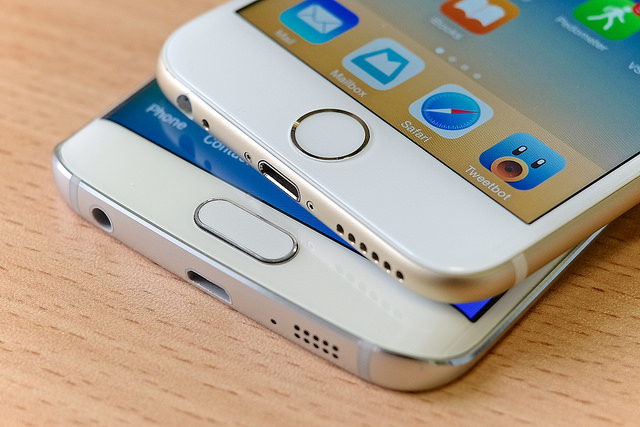
Following the recent XcodeGhost attack on the Apple Store in China, the eternal debate has reignited: iOS or Android? This is the dilemma that you face when it comes to choosing which mobile device to purchase and it goes far beyond just preferences regarding the camera or types of apps that are available to download. Whichever of the two that you choose could spell the difference between keeping your confidential information, and that of your company and employees, out of the cybercriminals’ grasp.
To make your decision a little easier, we’ve analyzed the main strengths and weaknesses of both operating systems in terms of security. Of course, neither of the pair is perfect, but each one has an area where they excel compared to the other.
Pros and cons of iOS
Among the advantages of Apple’s operating system, you have the fact that it is a closed system and, therefore, automatically secure (well, as much as it can be). Apple has control over the job done by the app developers and the app store has special mechanisms to verify the tools, their origin, and features.
Furthermore, with iOS 8 all information saved in the calendar, contacts, notes and reminders are protected by encryption.
However, let’s not get too carried away as no system is perfect and as we’ve seen in recent days, the Apple system isn’t immune to an attack. There have been a few scenarios in which we have seen the existence of vulnerabilities in the iOS system and attacks on the Apple user ID.
Pros and cons of Android
Android, for its part, offers more freedom to app developers. A lot of them use the programming language C++, which is a more complex one than previous versions, and is therefore more difficult for cybercriminals to modify.
However, when they use Java in sensitive fragments of code within the apps, the tide turns in the favor of the cybercriminals as this is easier to manipulate, allowing them to insert their own malicious codes with relative ease.
In contrast with Apple, purchases of Android apps is a little less secure. There is less attention paid on the part of Android to the tools used and, once installed, there operating system doesn’t alert you to anything suspicious.

However, there are some good points – Android allows the use of HCE (Host Card Emulation) when making purchases from your smartphone. It works via an app that is offered by banks and is able to be downloaded directly to the phone. When you complete a purchase on the cloud, the tool sends the user information via the safety measures installed in the NFC chips on the device.
Finally, you won’t find the biggest weakness in the system by analyzing sophisticated technology. The real advantage that cybercriminals have when it comes to spreading malware through Android is that there is such a high number of users – if they want to spread malware, why not spread it by the most popular system?
A recurring strategy used by attackers is to make themselves the administrator of the device, which allows them total control of the phones. The real owner of the phone is helpless and can’t change these settings nor delete the application.
Given the widespread use of Android, the best way to protect your privacy depends on the phone’s manufacturer. No matter if you have an iOS or an Android, the an eye on its security is yourself. Do this by using secure passwords which you change often and keep a watchful eye on apps that you download.
The post Android or iOS: which operating system is the most secure for mobiles? appeared first on MediaCenter Panda Security.
